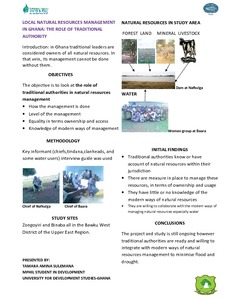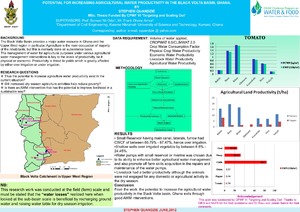Making a Large Irrigation Scheme Work : A Case Study from Mali
This report analyzes the
government's decision on the outcome of a series of
small power shifts triggered by pro-reform players. Reform
advocates devised them whenever opportunities arose and used
whatever maneuvering room there was to tilt the power
balance between agency and farmers to further the goals of
sustainability and partnership. The shifts were thought out
for their strategic value, but most came without a timeline




